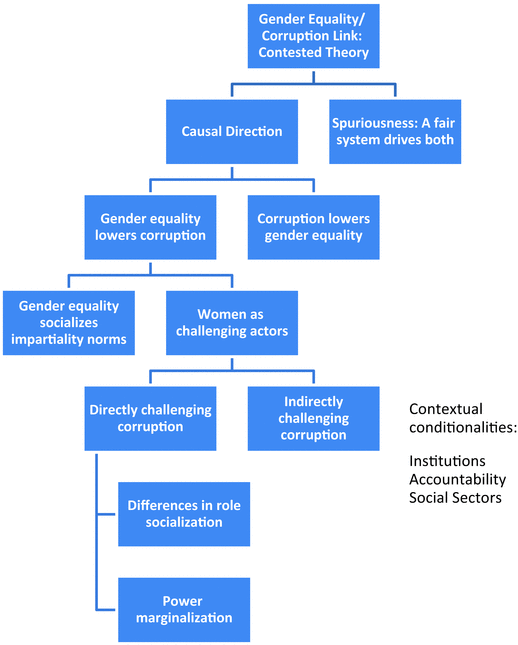Relevance: Sociology: Gender: Inequality
Context
- Nitish Kumar-led Janata Dal (United) announced the provision of 33% reservation of seats for women students in engineering and medical colleges run by the state through the Bihar Engineering University Act 2021 and the Bihar University of Health Sciences Bill in the upcoming assembly.
Introduction
- The proposed bill is in continuity with the JD(U)’s promise of Sasakth Mahila-Saksham Mahila in its manifesto for the Bihar assembly elections in 2020.

Voter Categories and Electoral Arithmetics
- State-constituted categories, such as the Extremely Backward Class and Most Backward Class have saturated in terms of electoral potential aiming political majorities.
- These categories have struggled against the monopoly of upper castes in educational institutions but have no strong significance in present times other than in electoral arithmetic.
Gender Outlook for Political Gains
- The proposed bill has the intent of increasing the participation of women students and preventing education-led migration.
- The bill, together with other measures in the manifesto such as financial incentives for higher education and for women entrepreneurs, can be seen as a shift in the perception of women’s role in the economy. However, issues of loan waivers for self-help groups, mostly run by women, or land redistribution and ownership by women, are only on the fringes of political discourse.
- The demands of women have been often selectively represented to align with the good governance agenda of the government.
- The bill along with the policies aimed at women, such as reservation of seats in panchayats, and restrictions on the sale of liquor ascertains women voters as a significant factor in elections.
- Women voters outnumbered men in percentage terms, between 2005 and 2020, showing the reduction in the gender gap in elections, especially in the BIMARU states like Bihar.
Re-emergence
- In Indian politics, gender emerged as a political category in the 1920s.
- However, the re-emergence of gender since the 1990s needs critical evaluation.
- The re-emergence of gender as a political category needs a perspective that is based on ground ethnographic studies.
Overview
- Women’s demands in today’s day require a framework of rights that is structured beyond the political fittings of gender for electoral arithmetics.
- Also, women’s demands need an all-inclusive rights framework and not patronage as is sometimes suggested in schemes that seem to further patriarchal norms such as schemes offering financial incentives for marriage.
- The proposed bill ensures some space in the direction of the reduced gender gap but it still segregates women, who will or will not gain from the bill.

